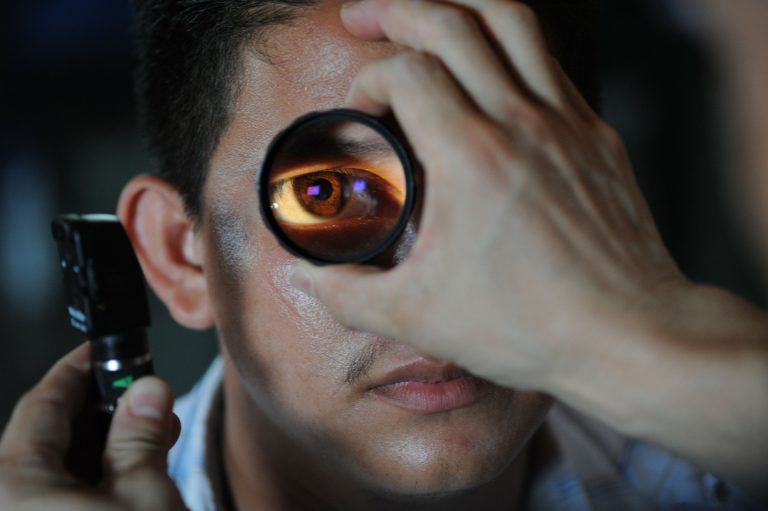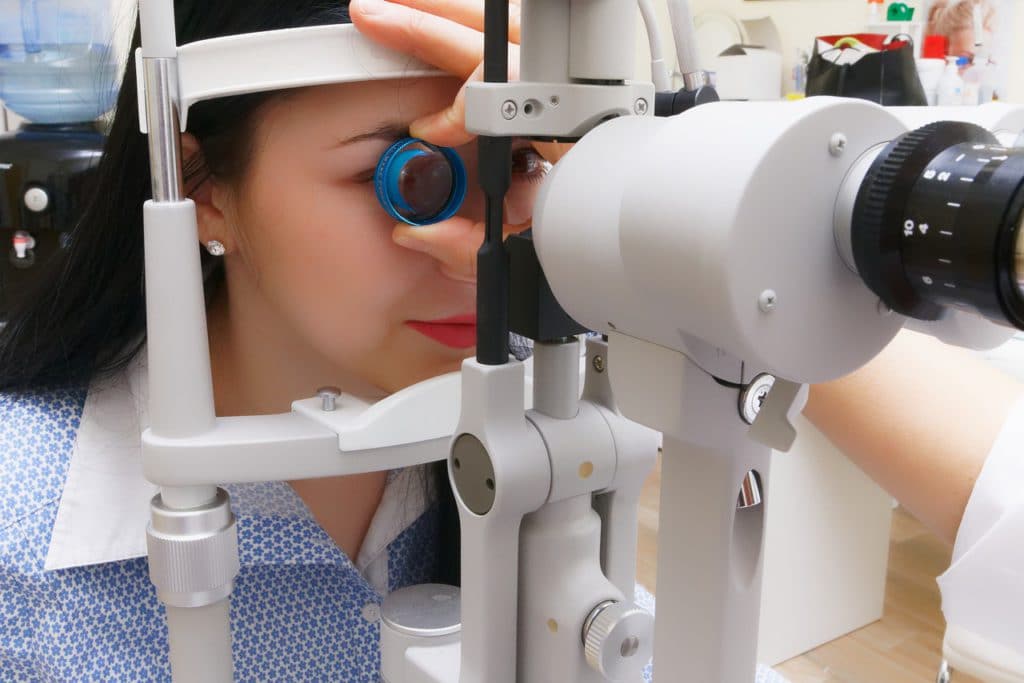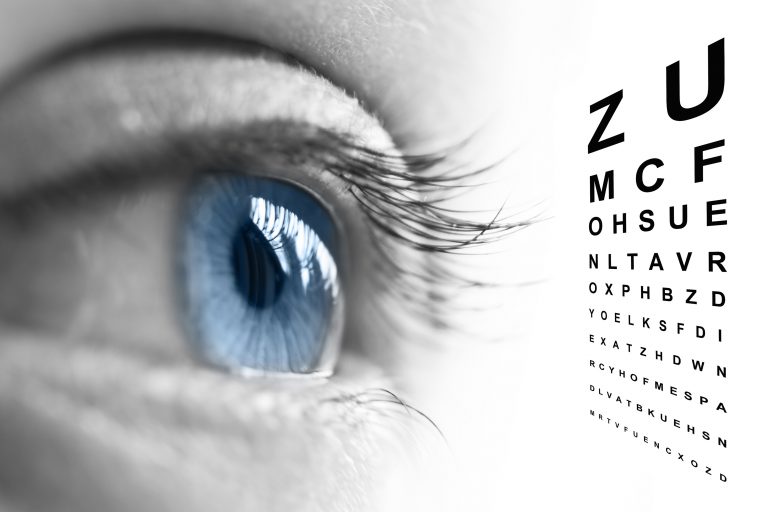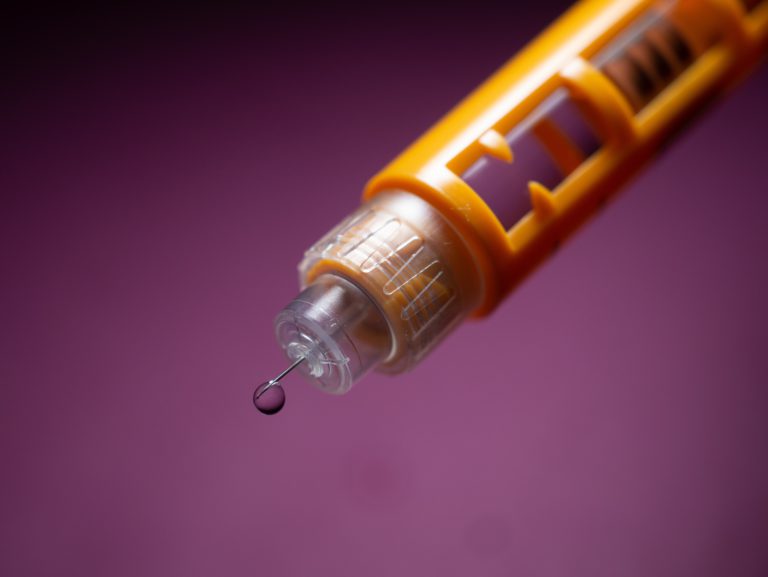How to Prevent Diabetic Blindness
If you suffer from diabetes, you could be at a higher risk of developing diseases that affect your eyesight. Eye diseases that are common in patients with diabetes include diabetic retinopathy, cataracts, and glaucoma, just to name a few!
These diseases usually progress slowly over a period of time and affect the vision of the person. In some cases, it may lead to complete or partial blindness.
Fortunately, there are some ways that can help you protect your vision against the complications linked to diabetes.
Being aware of how diabetes affects the vision and the right ways to inhibit those mechanisms are the keys to preventing blindness. Here is a brief discussion about the most effective strategies aimed at preventing diseases that can affect eyesight and protecting yourself against the risk of blindness.
How Can Diabetes Cause Blindness?
Diabetes is one of the most common precursors to blindness. It is not uncommon for patients with diabetes to develop vision problems that can become worse over a period of time resulting in complete or partial loss of vision. We covered how Diabetic Retinopathy can cause blindness in our long-form article.
In most cases, blindness occurs in patients with poorly controlled or uncontrolled diabetes. The persistently elevated blood sugar levels in patients with poor glycemic control can result in damage to the blood vessels that supply blood of a part of the eye called the retina.
It is the retina that is responsible for converting the rays of light entering the eyes into electrical signals to allow us to see.
Any form of damage to the delicate blood vessels in the retina could result in swelling of the middle part of the retina known as the macula, which allows us to see the details clearly.
This is how poor glycemic control can cause damage to the retina and macula thus affecting your vision. If not detected early, it may progress further resulting in blindness.
Diabetic retinal damage or diabetic retinopathy is one of the leading causes of irreversible blindness across the world.
Retinal damage in patients with diabetes is also responsible for triggering bleeding in the eyes, glaucoma (increased eye pressure), scarring, and sometimes, retinal detachment. These abnormalities linked to the eyes can affect your eyesight severely resulting in blindness.
How Can I Prevent Diabetic Blindness?
It is possible to protect your eyesight against the impact of diabetic complications. Here are some of the most effective ways that can help to minimize damage to the retina and macula and preserve your eyesight thus preventing blindness.

Get Eye Examination From Your Ophthalmologist
Patients with diabetes are advised to visit their ophthalmologist regularly to get the full dilated eye examination done.
Most patients do not develop any symptoms in the early stages of diabetic retinopathy. They may not experience any change in the vision. The symptoms begin to develop slowly only when the retina or macula has been considerably damaged.
A dilated eye examination can allow your ophthalmologist to examine the retina and the optic nerve more thoroughly. This would help in the early detection of the signs of damage to these delicate eye structures before you notice a change to the vision.
Monitoring your eye health regularly will also allow your ophthalmologist to start the treatment at the earliest once the signs of damage to the retina begin to appear. This would protect your eyes against further damage and prevent blindness.

Monitor and Control Your Blood Sugar Levels
A very high blood sugar level can create an adverse effect on the shape of the lens in the eye causing blurring of vision. The vision may go back to normal once your blood sugar levels stabilize.
The increase in the blood sugar level can also result in damage to the small blood vessels in the eyes. Hence, monitoring your blood sugar levels on a regular basis and maintaining optimum glycemic control are highly recommended for preventing eye problems including blindness in patients with diabetes.
Maintain Healthy Blood Pressure and Cholesterol Levels
Patients with hypertension and high cholesterol are at a higher risk of developing vision loss. Keeping your blood pressure and cholesterol levels within normal limits is critical for ensuring your eyesight is protected against the adverse impact of these diseases.
Reducing your intake of salt and fatty foods is an effective way for maintaining normal blood pressure and cholesterol levels. It is also advisable to limit your sugar intake as sugars can worsen your glycemic control and also trigger inflammation that can contribute to retinopathy and accelerate the progress of vision loss.
Stop Smoking
Smoking, both active and passive, can worsen the risk of blindness in patients with diabetes.
Hence, if you smoke, it is best to quit the habit at the earliest in order to prevent the loss of vision. It would slow down or inhibit the progress of diabetic retinopathy and preserve your eyesight.
Exercise Regularly
Regular exercises are good for improving your general health, maintain glycemic control, and supporting your eye health.
Regular physical activities like walking, jogging, cycling, and swimming can also keep your eyes healthy while allowing you to maintain optimum control on your blood sugar levels.
If you have diabetes, you can still preserve your vision. Make sure you manage your disease actively with your ophthalmologist so that you are able to reduce your risk of eye diseases.
Conclusion
Diabetes is known to affect your vision in various ways by creating an adverse effect on the retina and macula. Damage to the blood vessels of the eyes in patients with uncontrolled diabetes is primarily responsible for the complete or partial loss of vision. We have useful tips on how to reduce vision loss from diabetic blindness here.
Being watchful of the signs of poor glycemic control, and vision problems and regular visits to your ophthalmologist would help you assess your eye health on a regular basis. This would help in the early detection of any potential complications allowing you to seek timely treatment.
Other than these, dietary and lifestyle interventions also hold high importance for maintaining optimal glycemic control and preventing the vision loss linked to diabetes.









